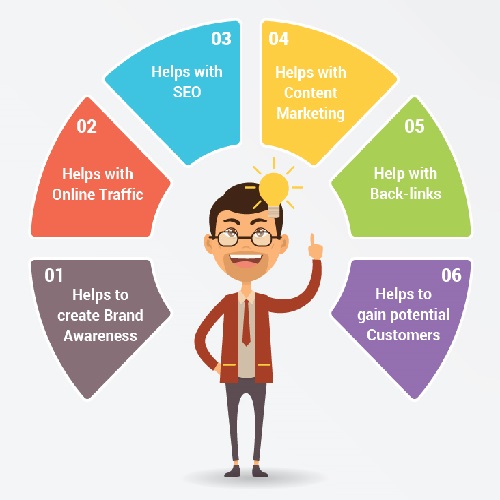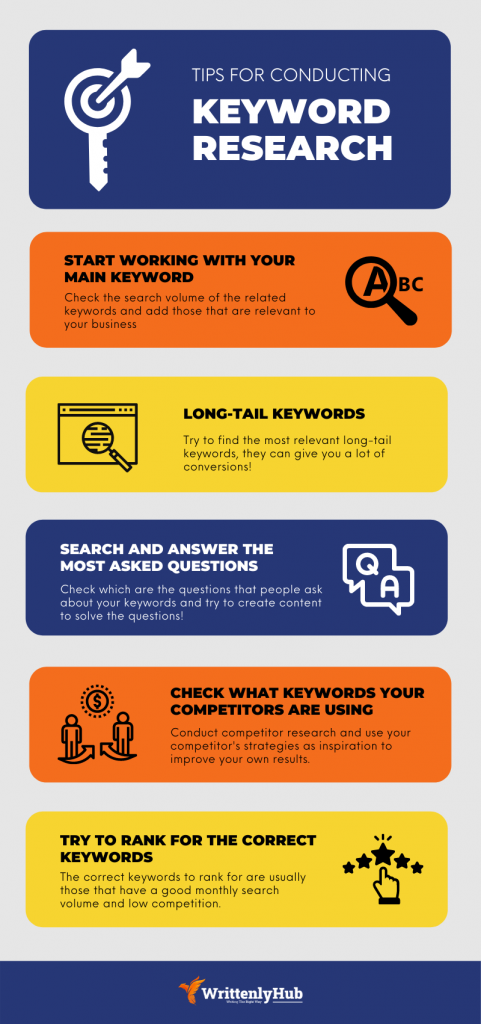Discover the hidden strategy behind dominating search results and skyrocketing your beauty salon’s online presence with foolproof SEO techniques.

Image courtesy of Pixabay via Pexels
Table of Contents
- Understanding the Importance of SEO for Beauty Salons
- Conducting Keyword Research for Your Beauty Salon
- Optimizing Your Website’s Structure and Content for SEO
- Leveraging Local SEO to Attract Local Customers
- Building High-Quality Backlinks for Improved Rankings
- Monitoring and Analyzing SEO Performance
- Conclusion
As the beauty industry continues to flourish, it is becoming increasingly important for beauty salons to establish a strong online presence. With more and more people turning to search engines to find local services, optimizing your beauty salon’s website for better search engine rankings is crucial to attract potential customers and stay ahead of the competition. In this blog post, we will share proven SEO strategies that will help you cut through the noise and boost your salon’s online visibility.
Understanding the Importance of SEO for Beauty Salons
In today’s digital age, having a well-optimized website is no longer a luxury but a necessity for beauty salons. With search engine optimization (SEO), you can improve your website’s rankings on search engine results pages (SERPs) and increase its visibility to potential customers. Higher search engine rankings mean more organic traffic and increased chances of converting visitors into loyal customers.
Book Now For a Free Consultation
Conducting Keyword Research for Your Beauty Salon
Keyword research is the foundation of any successful SEO strategy. By identifying relevant keywords and phrases that potential customers may use to search for beauty salons, you can align your website’s content with their search intent. Using keyword research tools and techniques, such as Google Keyword Planner and SEMrush, you can discover high-ranking keywords with lower competition.
Choosing the right keywords involves striking a balance between relevancy, search volume, and competition. It’s important to select keywords that accurately represent your salon’s services and target the needs of your potential customers. Incorporating these keywords naturally into your website’s content will help search engines understand your website better and improve your search engine rankings.
Optimizing Your Website’s Structure and Content for SEO
A well-structured website with user-friendly navigation is not only beneficial for visitors but also for search engines. Search engines rely on easy-to-understand website structures to index and rank webpages effectively.

Image courtesy of omrdigital.com via Google Images
Optimizing your website’s structure includes ensuring proper page titles, meta tags, headers, and URLs. Each page should have a descriptive and keyword-rich title that accurately reflects its content. Meta tags are snippets of text that summarize the page’s content and appear on SERPs. Utilizing header tags (H1, H2, H3, etc.) appropriately helps both search engines and visitors understand the hierarchical structure of your website.
Creating high-quality, engaging, and informative content that aligns with your keyword research is crucial for SEO success. Not only does your content need to be well-written and error-free, but it should also be structured in a way that is easy to read and digest for visitors. Remember, the goal is to provide value and answers to your audience’s queries.
Leveraging Local SEO to Attract Local Customers
As a beauty salon, a significant portion of your target audience resides in your local area. Local SEO focuses on optimizing your online presence to attract customers from your locality. To boost your local SEO efforts:
Claiming your Google My Business listing is vital as it helps your salon appear on Google Maps and local search results. Ensure that your listing is complete and accurate with your salon’s name, address, phone number, and business hours.
Create location pages on your website that showcase the services you offer at each of your salon’s locations. Include relevant keywords and ensure consistency with your Google My Business listing.
Encourage your satisfied customers to leave reviews and ratings on your Google My Business listing. Positive reviews not only influence potential customers but also contribute to better search engine rankings.
Building High-Quality Backlinks for Improved Rankings
Backlinks, also known as incoming links, are links from other websites that redirect to your own. Search engines consider backlinks as votes of confidence and use them as a ranking factor. By earning high-quality backlinks, you can improve your website’s authority and search engine rankings.

Image courtesy of www.writtenlyhub.com via Google Images
Focus on ethical ways to build backlinks that follow search engine guidelines:
Offer to write guest blog posts for reputable beauty and lifestyle websites within your niche. This allows you to showcase your expertise and generate valuable backlinks.
Engage with influencers and experts in the beauty industry. By collaborating with them, you can gain exposure and earn backlinks from their websites.
Participate in industry-related directories and listings. Make sure to choose directories that are relevant and trustworthy to avoid spammy links that can harm your SEO efforts.
Monitoring and Analyzing SEO Performance
Monitoring and analyzing your website’s SEO performance is essential to gauge the effectiveness of your strategies and make informed adjustments. Utilize tools such as Google Analytics and Google Search Console to track important metrics:
Monitor organic traffic to identify trends and track the impact of your SEO efforts.
Check your website’s bounce rate to understand if visitors are engaging with your content or leaving quickly.
Track keyword rankings to see how your website is performing in search engine results.
Analyze data from these tools to gain insights into your audience’s behavior and preferences. Make adjustments to your SEO strategy based on these insights to continuously improve your website’s search engine rankings.
Conclusion
Optimizing your beauty salon’s website for search engine rankings is key to attracting potential customers and staying ahead of your competition. By understanding the importance of SEO, conducting thorough keyword research, optimizing your website’s structure and content, leveraging local SEO, building high-quality backlinks, and monitoring your SEO performance, you can cut through the noise and boost your salon’s online visibility. Implement these proven strategies and watch as your salon climbs up the search engine rankings, attracting more customers and solidifying your place in the industry.